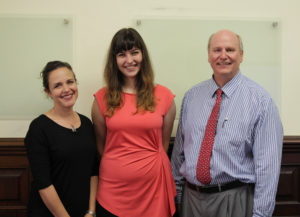This past year has been exciting and productive. Faculty and students published 10 peer-reviewed journal articles on topics ranging from physiological stress reactions during planning sessions to the determinants of financial risk tolerance. Dr. Grable’s latest book–the Case Approach to Financial Planning–was also published this year. A highlight for the year is that the following students graduated with their doctoral degree:
Abed Rabbani (now at the University of Missouri)
Wookjae Heo (now at the University of South Dakota)
Jorge Ruiz-Menjivar (now at the University of Florida)
Stephen Kuzniak (now at Cannon Financial)
We will highlight their dissertation work in 2017.
We are so thankful for the support of colleagues, students, and sponsors. This year, the work of the Lab would not have been possible without the generous financial support of Data Points. We look forward to working with Data Points and Sarah Fallaw in 2017!
